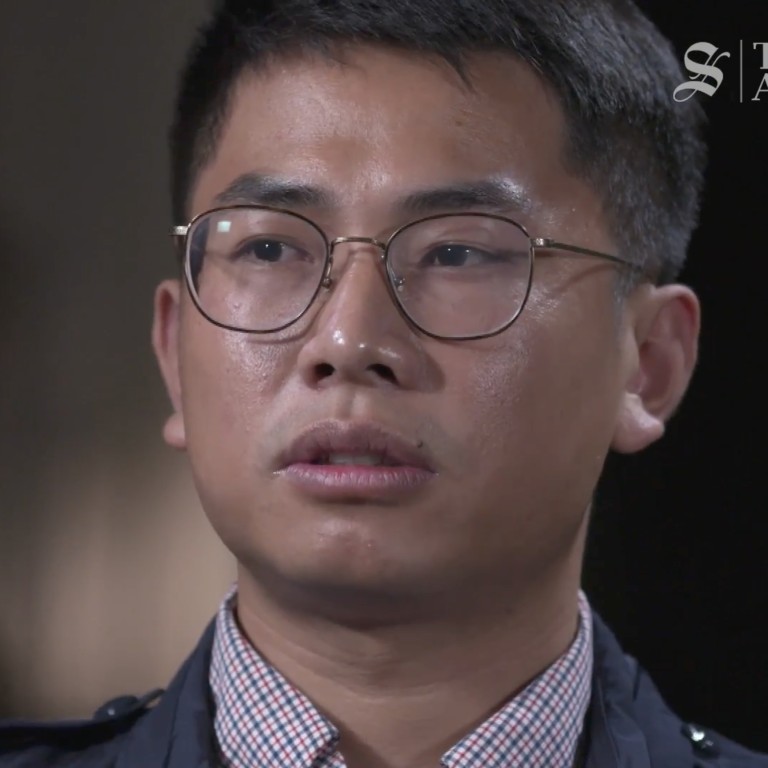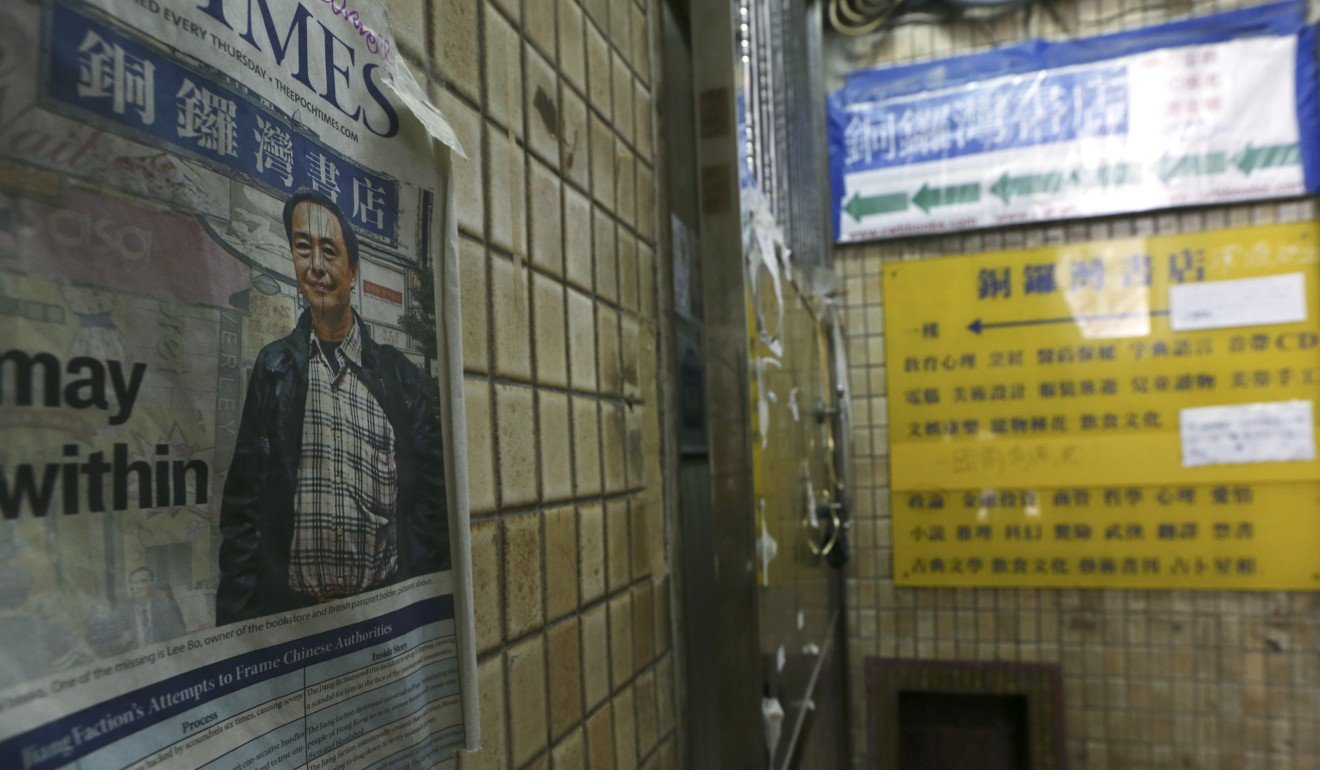
Chinese spy who ‘infiltrated’ Hong Kong, Taiwan, defects to Australia, report says
- Wang ‘William’ Liqiang gives counter-espionage agency the names of senior military intelligence officers he says funded and conducted operations in Hong Kong, Taiwan and Australia
- Spy is now seeking asylum in Australia, saying he ‘will be dead’ if he returns home, according to media reports
Wang said he was personally involved in infiltration and disruption operations in all three territories, according to the report, published in Nine’s The Age and Sydney Morning Herald newspapers.
He “revealed in granular detail” how Beijing covertly controls listed companies to fund intelligence operations, including the surveillance and profiling of dissidents and the co-opting of media organisations, the report said.
Wang is currently living in Sydney with his wife and infant son on a tourist visa and has requested political asylum, it said.
He said in an interview to be aired on Sunday night on Nine’s television news programme 60 Minutes that he would be executed if he returned to China.
According to the news organisation, Wang gave a sworn statement to the Australian Security Intelligence Organisation (ASIO) in October saying: “I have personally been involved and participated in a series of espionage activities.”
Beijing ‘interferes daily’ in Taiwan’s election, says Tsai Ing-wen
In Hong Kong, Wang said he was part of an intelligence operation hidden within a listed company that infiltrated the city’s universities and media to counter the pro-democracy movement.
His role in the clandestine organisation included infiltrating Hong Kong universities and directing beatings and cyberattacks against dissidents, he said.
“They [his recruits] found out information about those pro-independence activists … and made public all their personal data, their parents’ and family members’,” he was quoted as saying.
The goal was “to make all troublemakers in Hong Kong terrified”.
Wang said that he also personally helped to organise the October 2015 kidnapping of Lee Bo, the owner of Causeway Bay Bookshop, whom Beijing accused of distributing dissident materials.
He said he had been told to pay close attention to Lee because of the bookseller’s involvement in the publication of a controversial work about Chinese President Xi Jinping and “six women”.
Four other bookshop employees were also spirited away to the mainland that year.
Despite Wang’s claims, Lam Wing-kee, a co-owner of the Causeway Bay store, said he had some reservations about the alleged spy’s role in the kidnapping.
“I have never met this person before,” he said. “As far as I know, there was a special task force dealing with the abduction and I knew the person in charge when I was detained. This guy [Wang] said he was responsible ... but some of the details he gave do not match what I know.
“In the abduction case, it’s unlikely he was the guy in charge. He could be a low-level person responsible for following Lee Bo.”

Wang said that other operatives planted in Hong Kong included a senior manager at a major Asian television network who was actually “a current military cadre with a division commander rank”.
He said also that he had met a high-ranking intelligence operative whom he believed was conducting spy operations in Australia via a front company in the energy sector.
“He told me at the time he was based in Canberra. I know his position is very important,” he was quoted as saying.
Wang said his organisation had “infiltrated all universities, including student associations and other student groups and bodies” in Hong Kong, and that he had responsibility for recruiting mainland students using scholarships, travel grants, alumni associations and an education foundation.
He said that in Taiwan he was part of an infiltration operation that involved him – working under an assumed identity and with a South Korean passport – running local operatives tasked with meddling in last year’s municipal elections and the presidential polls due to take place in January.
The operation used local media executives to influence the election campaigns and defeat candidates seen as hostile to Beijing, he said.
Wang claimed to have coordinated a “cyber army” to shift political opinion, similar to Russia’s interference in the 2016 US presidential election.
“Our work on Taiwan was the most important work of ours – the infiltration into media, temples and grass-roots organisations,” he was quoted as saying.
It was his fear of being discovered by Taiwan’s counter-espionage authorities working to influence next year’s elections that led Wang to seek asylum in Australia, he was quoted as saying.
The report did not provide additional details on operations in Australia, but is likely to exacerbate already high alarm over Chinese espionage and influence operations in the country.
ASIO warned earlier this year that the threat of foreign interference was “unprecedented” and that the number of foreign spies in Australia was higher than during the cold war.
China’s foreign ministry did not immediately respond to a request for comment.
Additional reporting by Lawrence Chung

.png?itok=arIb17P0)